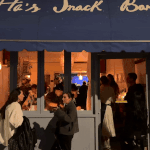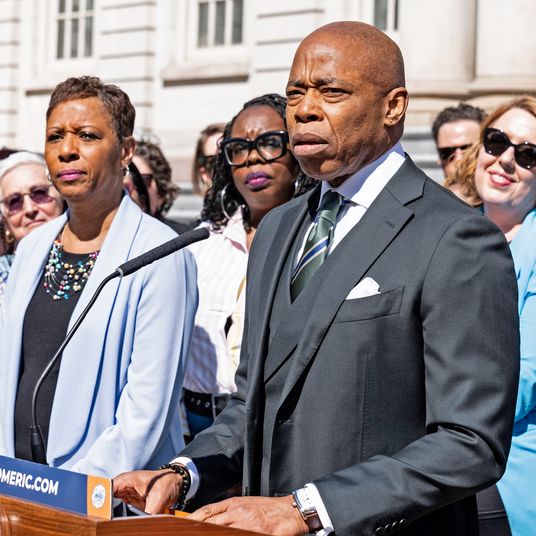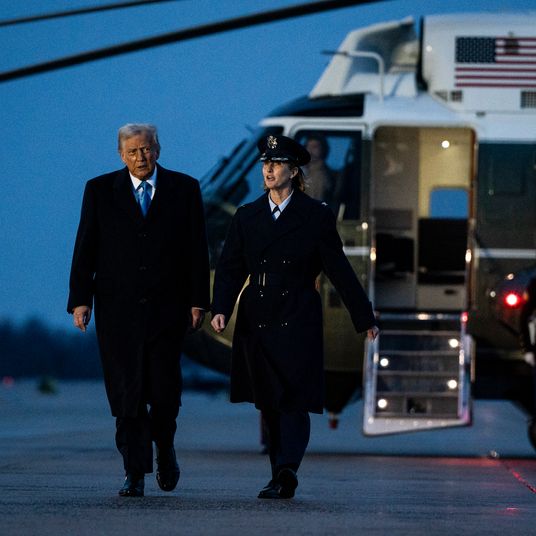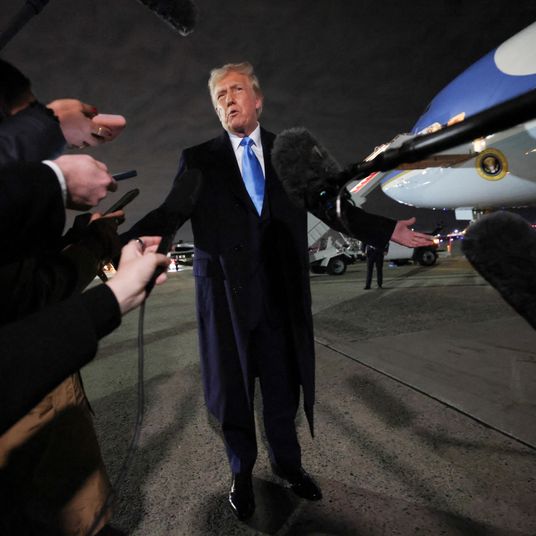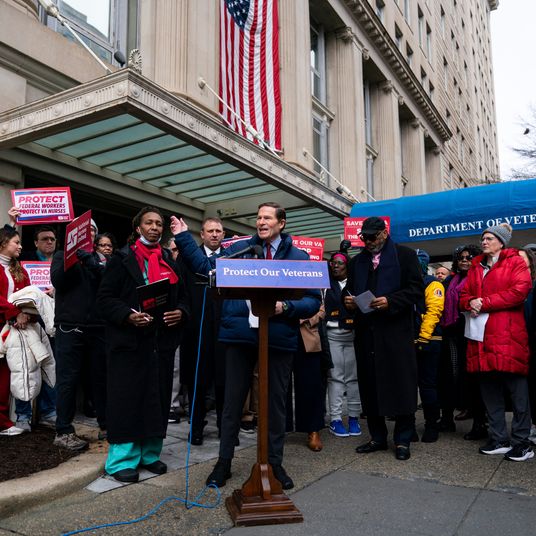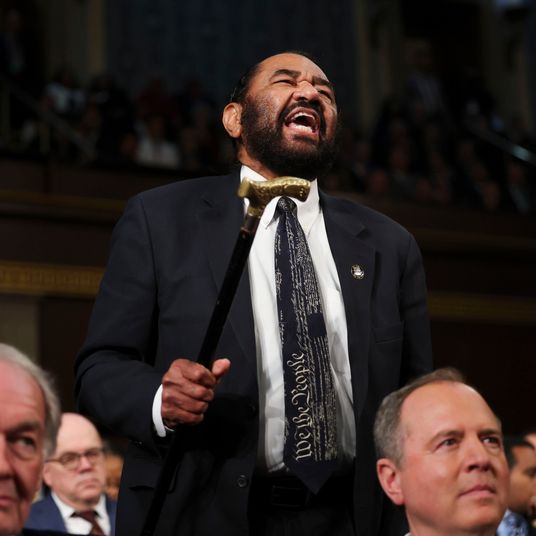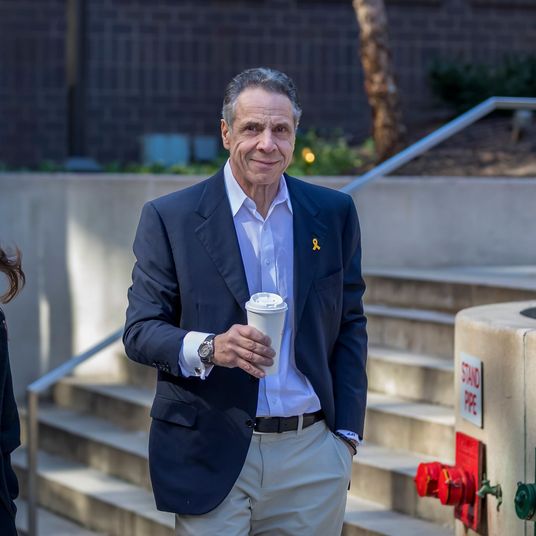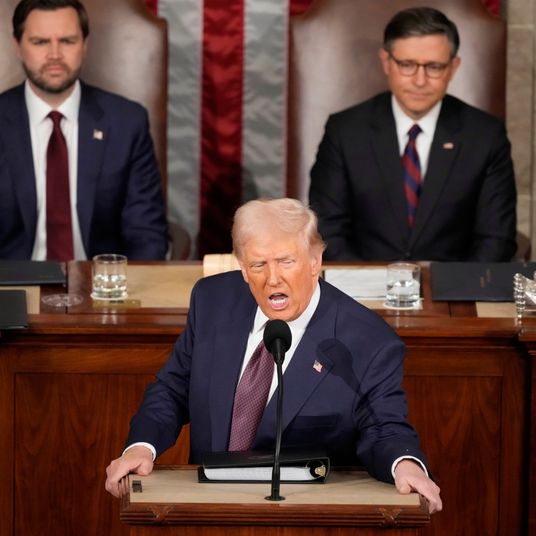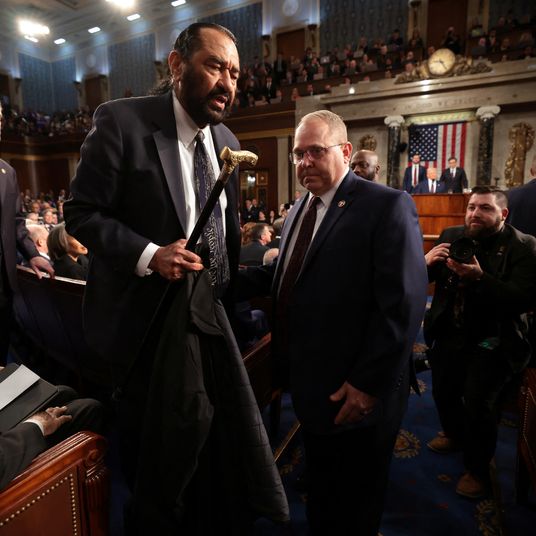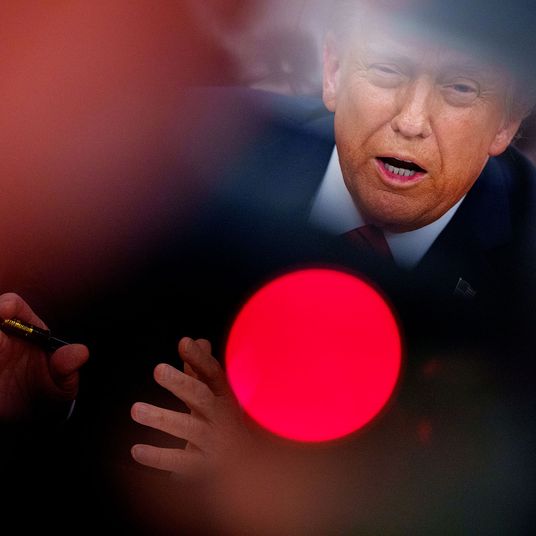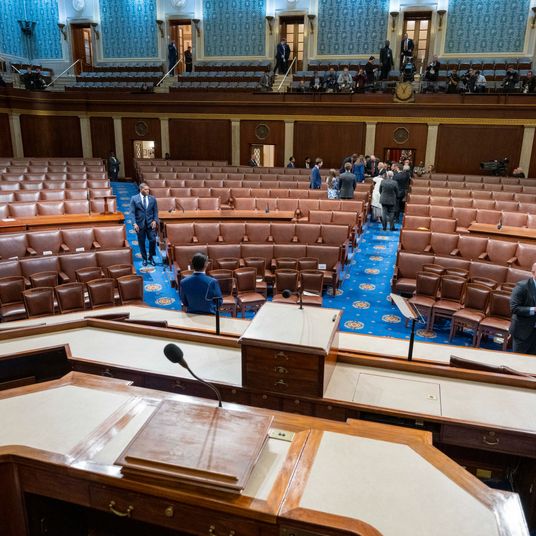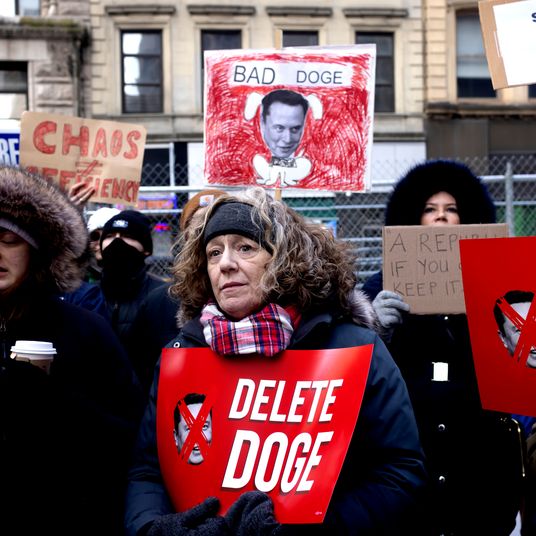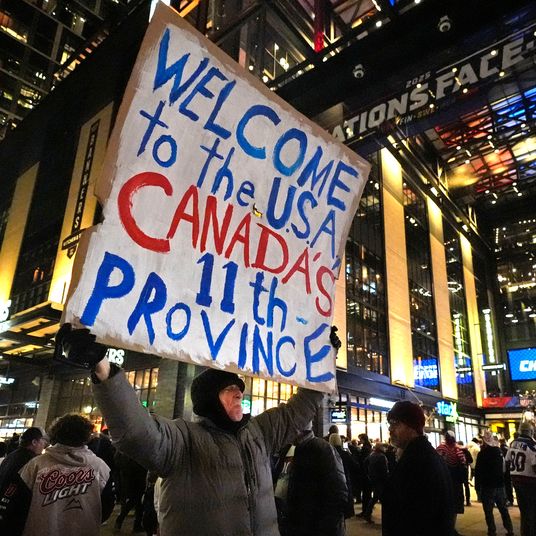Reporters from the New York Times, Al Jazeera, Israel’s Channel 1 and Channel 2, and a high-profile Egyptian blogger who goes by the pseudonym SandMonkey have all been arrested as Egyptian authorities appear to have instituted a renewed media crackdown. Hadeel Al-Shalchi, a Middle East correspondent for the Associated Press, tweeted today that “2 visiting NYT journos been arrested,” adding that the Times reporters were taken into “protective custody” by the military. Al Jazeera also says two of its journalists were attacked at the airport in Cairo as the uprising has proven to be intensely dangerous with media targeted by pro-Mubarak supporters, Egyptian police (who protesters maintain are one and the same), and the military.
The Jerusalem Post reports that an Israeli engineer for Channel 1 named Tomer Golan was detained in Suez and that four Israeli journalists, including members of Channel 2 and a reporter for an Israeli-Arab website, were arrested yesterday morning in Cairo, before being released a few hours later after an intervention from Israeli’s Foreign Ministry. The Guardian reports that SandMonkey, an activist and one of the paper’s frequently quoted sources on the unrest in Cairo, has been arrested, quoting a tweet from Ramy Yaacoub, who wrote, “I just called @SandMonkey’s phone and a man answered and he asked me who I am, I said where is monkey, he said your cunt friend is arrested.” The account for the blog is suspended, but you can read cached posts on the protests.
The media crackdown seems to be at odds with the public position of Mubarak’s newly appointed prime minister, Ahmed Shafiq, who apologized and pledged to look into overnight violence — in some cases against American anchors — that doctors say claimed seven lives. Shafiq has said that he is in talks with the opposition, but protest organizers say they are not involved in any dialogue.
The political faction, which Al Jazeera is calling the “National Coalition for Change,” says no negotiations will happen until Mubarak steps down. According to a report from The Wall Street Journal, the coalition of opposition figures comprising “union leaders, judges and representatives from youth parties and the country’s banned but influential Muslim Brotherhood” met to form a 100-member “shadow parliament” to provide an alternative to Mubarak’s regime weeks before Egypt was rocked by the populist uprising. When the shadow government’s steering committee met Tuesday, they agreed to back Mohamed ElBaradei, a former U.N. official, in any potential negotiations. But although the media has taken him up as a voice for the people in the vacuum of centralized leadership among protesters, he may turn out to be no more than a nonpartisan “transitional figurehead.”
Which means it’s still unclear what a new regime in Egypt might look like.
Although the Egyptian army finally intervened, fresh violence has broken out between Mubarak supporters and the pro-democracy protesters who refuse to leave Tahrir Square, the epicenter of the battle, until Mubarak ends his 30-year reign. “Pro-democracy protesters say they have detained 120 people with IDs associating them with the police or the ruling NDP party,” says the Guardian. Control of the area is still up for grabs. The paper’s Jack Shenker calls the situation very fluid: “Key streets and entrance points keep changing hands.” Shenker’s colleague Peter Beaumont says the army is stepping up against pro-Mubarak supporters who are “getting gradually pushed further back onto Ramses Street hearing shots tanks moving more aggressively.” The U.S. has taken a harder line against Mubarak with Hillary Clinton saying the transition “must happen now.”
*This post has been updated from its original version.
New York Times Journalists Arrested In Egypt: Report [HP]
4 Israeli journalists arrested, then released in Cairo [Jerusalem Post]
ElBaradei’s Role Cast in Doubt [WSJ]
Egypt protests - live updates [Guardian UK]
Al Jazeera English [YouTube]




